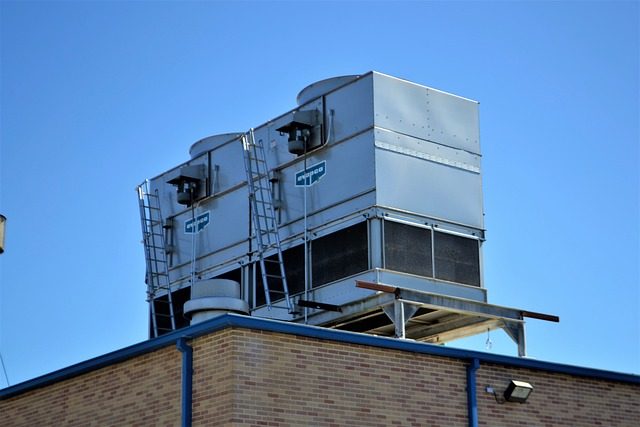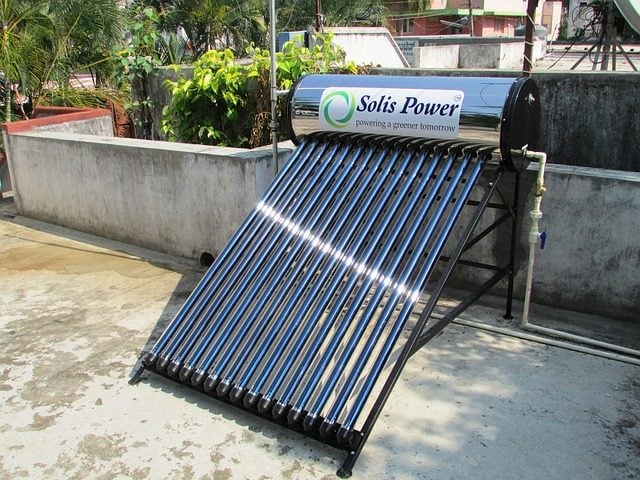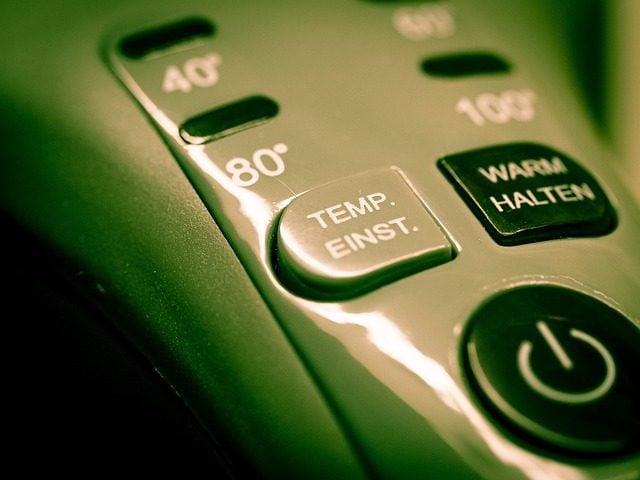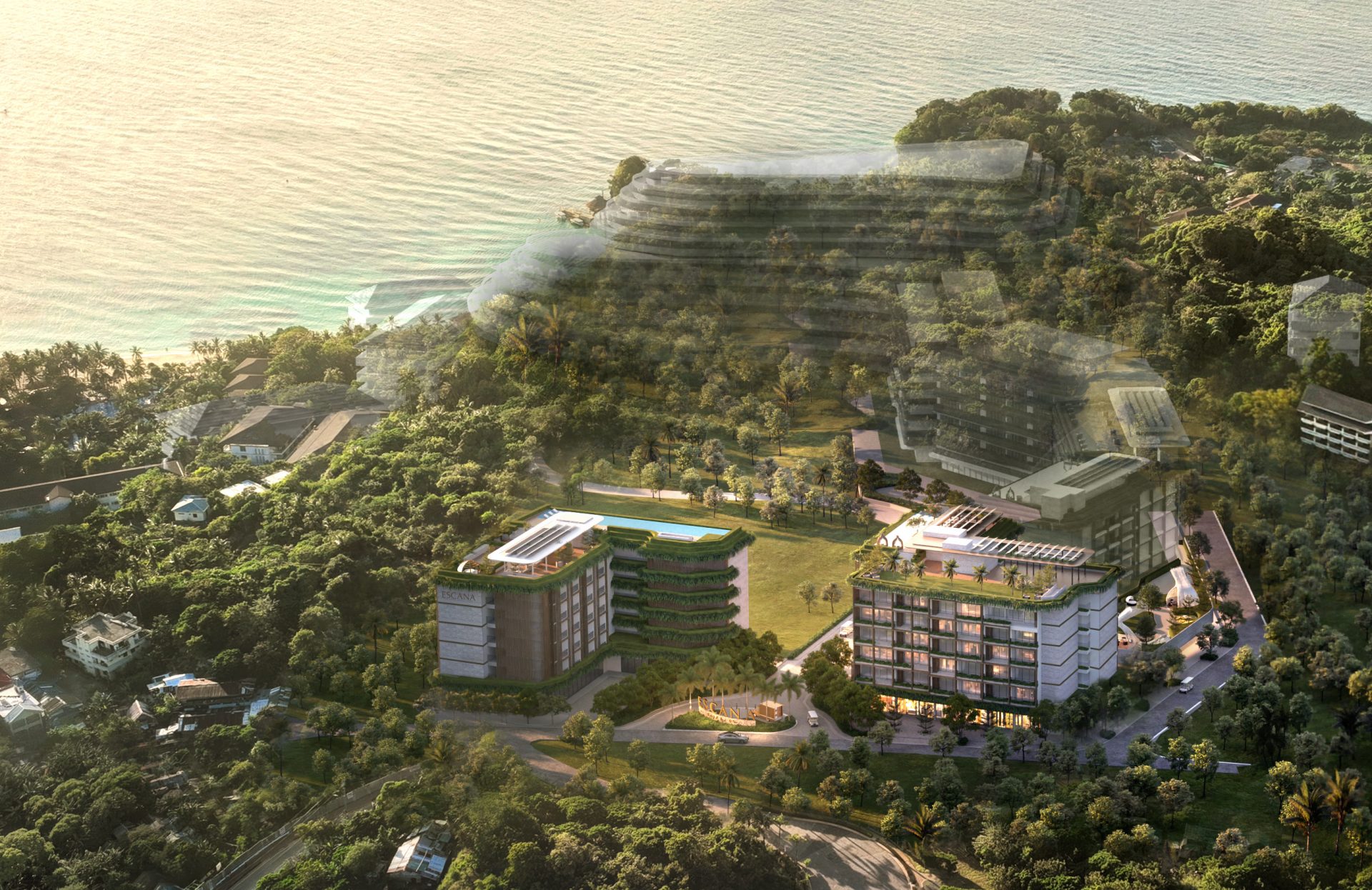BLOGS
Water Heater Installation Cost
Water heaters are essential electrical appliances that provide us with hot water for daily use. Learn more about water heater installation costs here.
Water heaters are indispensable appliances in modern households, providing the convenience of immediate hot water for various daily tasks. As such, the decision to replace or upgrade your hot water heater is essential for comfort and, more importantly, for the overall efficiency of your home.
Why Water Heater Upgrades Are Crucial
Over time, as water heaters age, they can gradually lose efficiency due to natural wear and tear, sediment accumulation, and outdated technology. This decline in efficiency can result in a heater’s inability to provide the desired hot water instantly, leading to frustration and potentially higher energy costs.
By recognizing the signs indicating the need for an upgrade and understanding the importance of modernizing, homeowners can guarantee a consistent and reliable hot water supply while optimizing their utility costs and reducing their environmental impact. It’s a win-win situation!
Delving Deeper into the Average Cost Breakdown
The cost of installing a water heater can differ considerably, influenced largely by the type and model of the heater chosen. To provide a clearer perspective on these costs, let’s delve deeper into each type, exploring their operational methodology and associated price tags.
Basic Tank Water Heater
Cost: Typically ranging from $600 to $1,100, including installation.
These classic models are powered by electricity or gas and are common in most homes. Their primary design comprises a sizable tank, continuously storing and heating water to ensure it’s always ready for use. While their reliability is unmatched, they may consume more energy because they constantly heat the water.

Tankless Water Heaters
Cost: Prices for these models, inclusive of installation, usually hover between $900 and $1,200.
Known for their on-demand heating capabilities, tankless models warm up the water as it flows through the unit. This on-the-spot heating system negates the need for a storage tank, cutting down on energy wastage inherent in keeping water perpetually hot. They’re versatile, too, with powering options that include electricity, propane, or natural gas.
Hybrid (Heat Pump) Water Heaters
Cost: Generally, installation-inclusive prices for hybrid models range from $1,000 to $4,000.
Using cutting-edge technology, hybrid gas water heaters exploit the heat from the surrounding environment, transferring it to warm up the water. They are notably energy-efficient since they primarily rely on heat transfer rather than outright heat generation. They shine especially in regions with warmer ambient temperatures, where their efficiency is further enhanced.
Solar Water Heaters
Cost: Installation inclusive, solar water heaters often cost between $2,000 and $5,000.
Leading the charge in sustainability, solar water heaters employ solar panels to capture and convert sunlight into thermal energy, which is then used to heat water. Though the upfront heater installation costs can be somewhat hefty, several federal and state incentives can be availed to offset these expenses. Over the long run, the significant reduction in energy bills and the minimized carbon footprint make them a worthy investment.
Extended Factors Impacting Cost
Beyond the apparent factors like type, size, and energy efficiency, several underlying aspects can significantly influence the overall costs of water heaters. Let’s take a more detailed look:
Warranty
Additional Cost: Depending on the duration and terms, extended warranties can add anywhere from $50 to $300 to the unit’s base price.
A comprehensive warranty can be seen as a safety net for your investment. Many top-tier models offer extended warranties, reflecting the manufacturer’s confidence in the product’s durability. While this might elevate the upfront costs, it can prove financially prudent in the long run, saving you from potential high repair or replacement expenses from unexpected malfunctions.

Brands and Models
Price Variation: Established brands and their high-end models can be priced between $100 to $500 more than their lesser-known counterparts.
Similar to other household appliances, the brand name attached to a water heater often carries weight. Renowned brands, with their longstanding reputation, often command a premium. While the initial price may be higher, this is usually a testament to the unit’s reliability, longevity, and the brand’s commitment to superior post-sales service. Investing in such brands can mean fewer breakdowns, a longer lifespan, and the peace of mind of knowing a reputable company backs you.
A Closer Look at Labor Costs
Although we’ve given a general idea of labor costs, it’s crucial to understand that various elements can influence these figures. Let’s break down some of these more intricate factors:
Experience of the Installer
Price Variation: Engaging an experienced professional might increase labor costs by $50 to $200 compared to hiring someone newer to the trade.
Opting for a seasoned installer can often translate to higher labor fees. However, their vast experience can ensure that the installation process is seamless, swift, and devoid of rookie mistakes. While it might be tempting to go with a less expensive novice, the peace of mind and potential longevity offered by an expert could very well justify the added expenditure.
Location
Cost Differential: Labor costs can vary significantly by region, sometimes by as much as $100 to $400. Typically, metropolitan areas or locations with a higher standard of living can come with steeper charges.
Your geographical location can be a considerable influencer when it comes to labor costs. Areas with higher operational expenses or elevated living standards might naturally come with heftier service fees. It’s always advisable to gauge the average local rates before committing to ensure you’re getting a fair deal.
Additional Components
Additional Expenditure: Incorporating specialized components can hike up the labor costs by around $50 to $300, depending on the complexity and the components used.
Certain water heater models might necessitate the inclusion of added elements like circulation pumps, specialized valves, or even advanced thermostatic controls. While these components might enhance the unit’s efficiency or safety, they can also add layers of complexity to the installation process, thereby increasing labor charges.

How Much Do Tank and Tankless Water Heaters Cost to Install?
Understanding the cost difference between tank and tankless water heaters is essential in making an informed decision. Both have their unique set of advantages and disadvantages, and the better choice largely depends on individual needs and preferences.
Costs With Installation
Tank Water Heaters: $600 to $1,100
Tankless Water Heaters: $900 to $1,200
Tank Water Heater
A tank water heater stores a specific volume of water and consistently maintains it at the desired temperature. It’s continuously operational, ensuring warm water is always on standby. Such a system might be preferable for households with multiple members or those living in medium to large homes. Particularly when water is simultaneously required in different parts of the home, a tank system proves more beneficial.
However, while the initial cost might be lower, the operational costs over time can be higher due to its continuous energy consumption.
Pros
- More affordable initial cost compared to tankless water heaters.
- Efficiently handles high-demand use.
- Installation is relatively straightforward and can be completed in about three hours.
Cons
- Continuous energy usage leads to higher utility bills.
- Has a shorter lifespan, averaging between 10 to 12 years.
- Requires more space due to the size of the tank.
The average price range for tank water heaters, excluding installation, is approximately $400 to $780.
Tankless Water Heater
Unlike its tank counterpart, the tankless water heater is designed to heat water on demand. Instead of maintaining a reservoir of warm water, it quickly heats the water as it flows through the system. This results in reduced energy consumption since it’s only operational when hot water is required. While the initial investment is higher, the potential savings in energy bills over time can offset the upfront costs.
Pros
- Consumes energy only when hot water is required, potentially saving utility bills.
- Longer lifespan, often exceeding 20 years with proper maintenance.
- Compact design saves space.
Cons
- Higher initial cost.
- Might not handle simultaneous demands in larger households as efficiently.
- Installation can be more complex, sometimes requiring modifications to existing infrastructure.
Final Thoughts
A water heater is more than just an appliance; it invests in consistent comfort. As with any significant investment, homeowners should approach this with research and foresight. By understanding the intricate details of costs, benefits, and potential pitfalls, you ensure that the warmth of your showers is matched only by the satisfaction of a well-made decision.
After ensuring the comfort of your home with the perfect water heater, isn’t it time to elevate your lifestyle further? Dive into the world of luxury real estate with Brittany Corporation, the Philippines’ leading name in opulent living spaces. Experience sophistication, elegance, and a touch of paradise with every property. Connect with Brittany Corporation today and discover your dream home in the heart of the Philippines!
Suggested Read: Sustainability in Glass Houses: Reducing Energy Costs in the Summer
Suggested Read: Solar Panels in the Philippines: Price and Installation Process
Suggested Read: Choosing The Perfect Water Heater For Your Condo
Suggested Read: Siding Installation Cost: An In-Depth Guide
Suggested Read: Scuba Diving 101: In The Know















